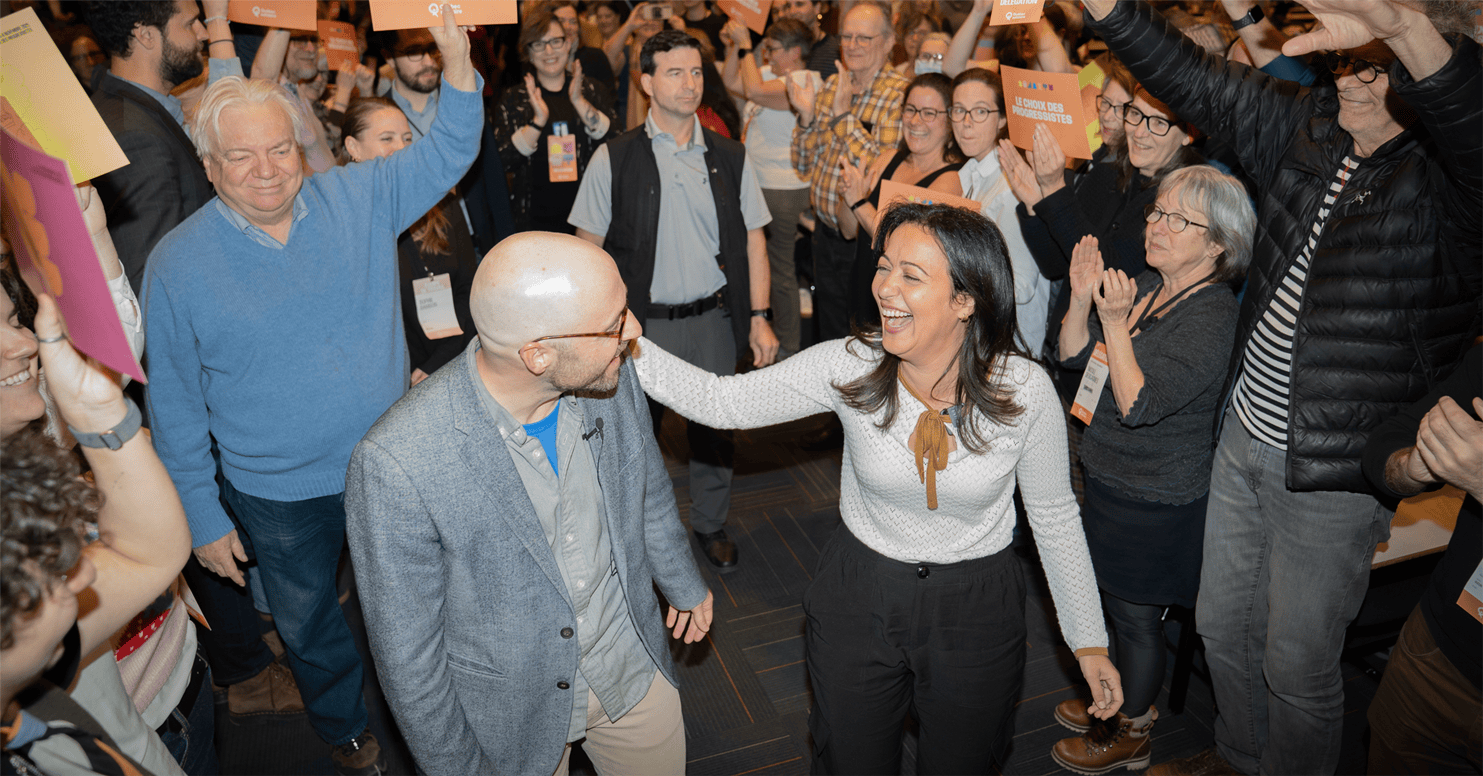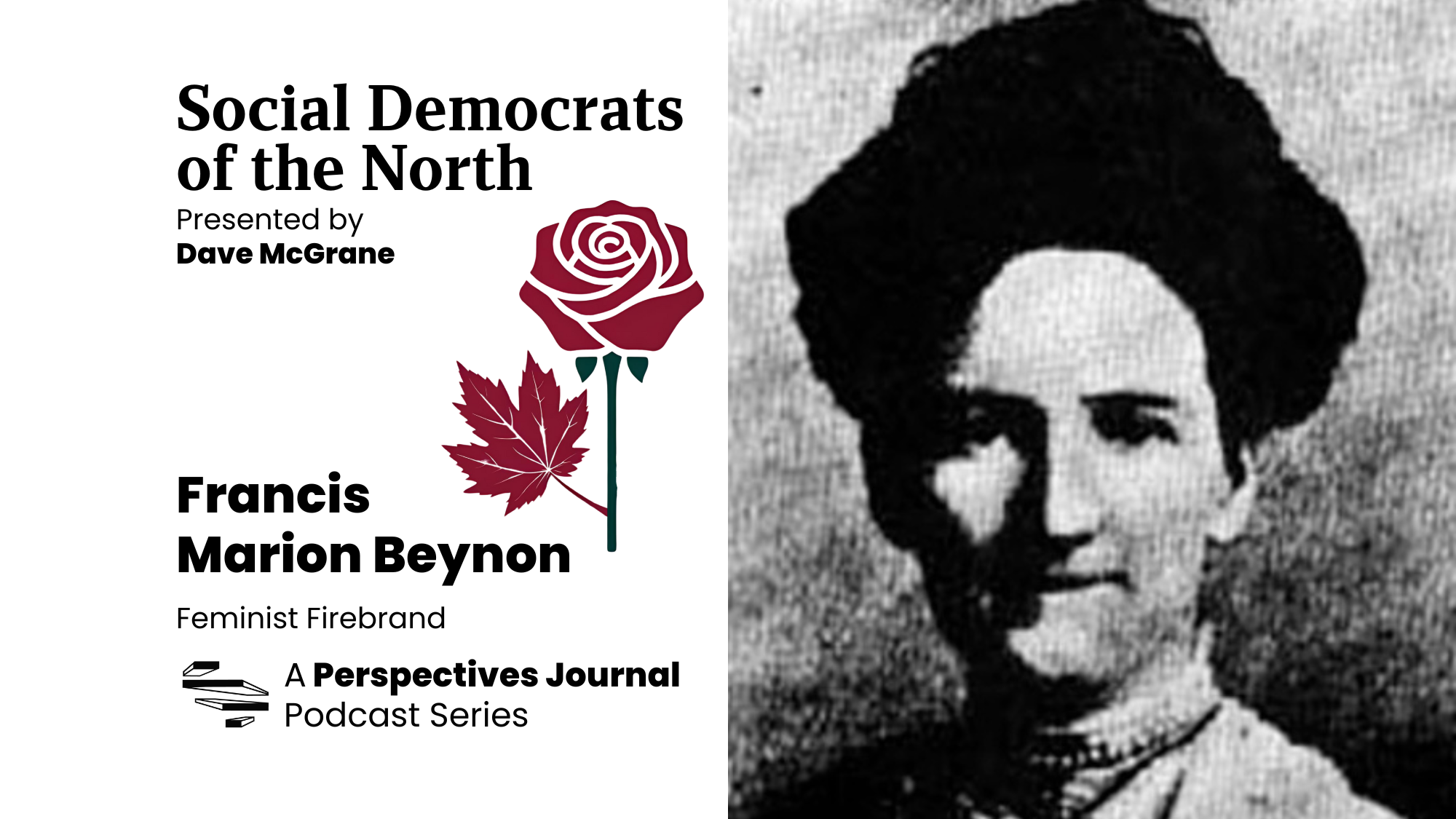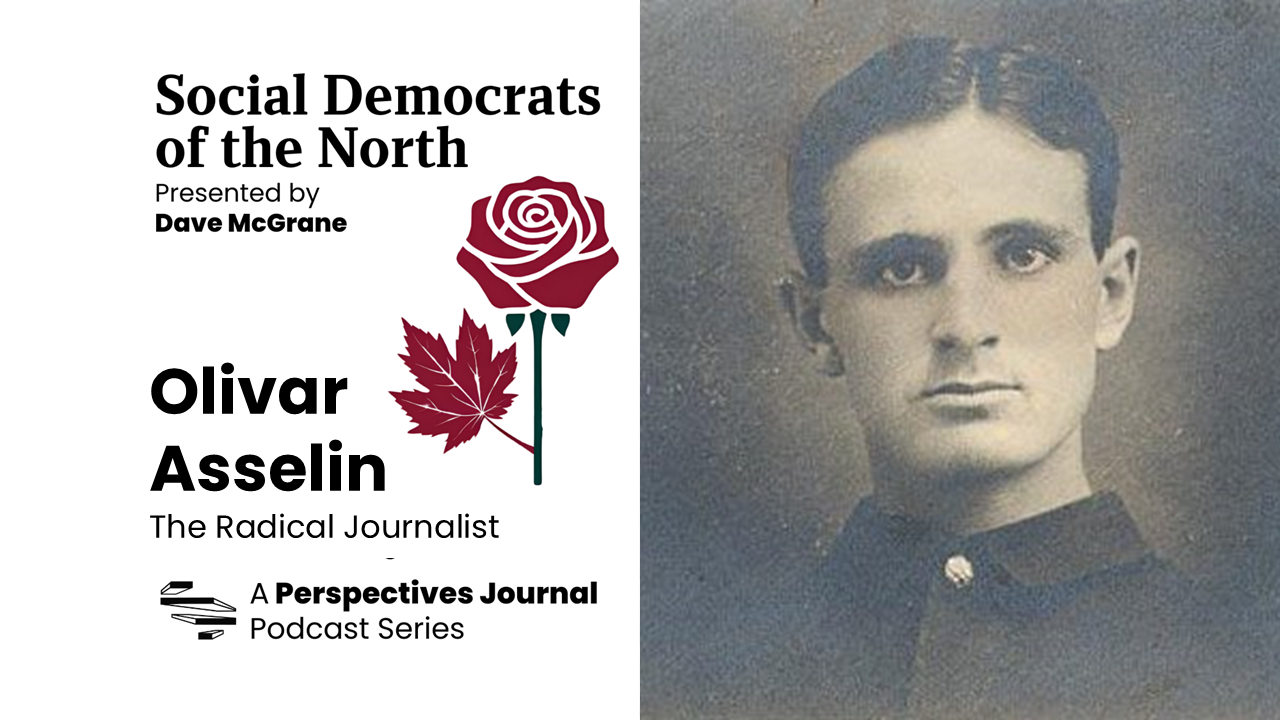At the age of 18, when I entered Glendon College York University in 1965, I found myself drawn to a 28 year old political philosophy professor who, contrary to most of the staidly dressed professors at Glendon, wore turtle-neck sweaters and was whispered to be a committed socialist and anti-war activist.
That professor was Ed Broadbent.
I registered in Ed’s political philosophy course in my second year, and so began an important part of my university education. The class met one evening a week for 3 hours, and there we analyzed the thought of the great political thinkers from Plato to Marx. In a subsequent course the following year, we discussed contemporary political and economic thinkers: conservative, liberal, and socialist.
After class we often adjourned to the Jolly Miller Tavern on Yonge Street where the discussion continued. My girlfriend, a fellow student, generally came with me. I was slightly irked one day when she told me that Ed reminded her of Steve McQueen, the Harrison Ford of those days. This bothered me all the more, since she was wont to compare me to the neurotic Woody Allen or the jittery Dustin Hoffman.
I protested that Ed wasn’t at all like Steve McQueen. Then one day, we were sitting in the Jolly Miller and Ed arrived late — flushed and exhilarated. Why so late? Well, he beamed, the police had tried to stop him on his motorbike, but he had eluded them. My girlfriend gave me a knowing and triumphant look, no doubt with images of Steve or Ed dancing in her head.
Ed’s classes were important to me because they taught a want-to-be intellectual that, although ideas and philosophy mattered in the real world, the duty of the intellectual is to search for truth, wherever it might lead, and not to spout ideology. Ed conveyed this message in class discussions, but especially through comments he wrote on my weekly essays.
Thus, for example, in an essay on John Stuart Mill’s attraction to socialism, I wrote, in a jejune attempt at a joke, “Mill finally joined the right side and became a left-winger”. In the margin Ed sternly retorted, “You should not assume the truth of this as self-evident. Such unsupported assertions are out of place in a philosophy essay”.
By my third year, I was a convert to what is called linguistic philosophy, the view that the way to deal with philosophical problems is to analyze the usage of words in ordinary language. I tried this out in an essay I wrote for Ed arguing that Marx s theory of exploitation was wrong because it conflicted with the way we use the word “exploit” in ordinary English. Ed wrote “Are you advocating the dictatorship of ordinary language? Your essay is interesting but wrong-headed (NB: ordinary usage of ‘wrong-headed’)”.
Near the end of my third year, I had become interested in Freud, and tried to apply Freud’s ideas to Isaiah Berlin s famous distinction between negative and positive liberty. Ed wrote: “The chief virtue of this paper is its coherent exposition of one theory of human nature and freedom, viz., that of one group of psychoanalysts. Related to this is the successful showing that negative freedom is inadequate as an all-inclusive notion. The principal deficiency of the paper is that it lacks your usual critical acumen; it reads too much as an apologia by a recent convert…”
I see in these marginal comments a dialogue between a professor and a student, a dialogue that made the student a more honest and clear-headed thinker, and in the end a better professor.
Another thing that deeply impressed me was how Ed encouraged the class to give impartial consideration to both right-wing and left wing thinkers. Ed pushed us to discuss the arguments of Friedrich Hayek and Milton Friedman with the same critical impartiality as those of Mill and Marx.
One conservative thinker Ed had a lot of time for was Michael Oakeshott. As well as admiring some elements of his thought, Ed liked the fact that Oakeshott praised in his philosophy, and practiced in his life, the sensual as well as intellectual pleasures. During the time Ed was a student at the London School of Economics, Oakeshott, a professor there, had been arrested for swimming naked with several women in the Thames. Ed sided with Oakeshott.
After my final class with Ed, he invited my girlfriend and me to his place for dinner. He made spaghetti, and I remember a huge poster of a pair of feet in his dining room–after all, it was the 60s. He told us he was going to run for the NDP in his home town of Oshawa, and that if he won he’d be leaving the university.
I went to Oshawa, and knocked on doors during Ed’s campaign. It was an incredibly close election, see-sawing back and forth all night, with yelps of joy and dismay alternating almost by the minute as the results came into the packed audience gathered in the autoworkers’ union hall.
Finally, Ed won by 15 votes. The rest is part of Canadian history. Ed became one of the most admired politicians of our time– a voice for humanity and justice.
Canadians are lucky to have Ed as a public figure, but one Canadian at least was lucky to have had him, for a few years back in the mid-60s, as his professor.





